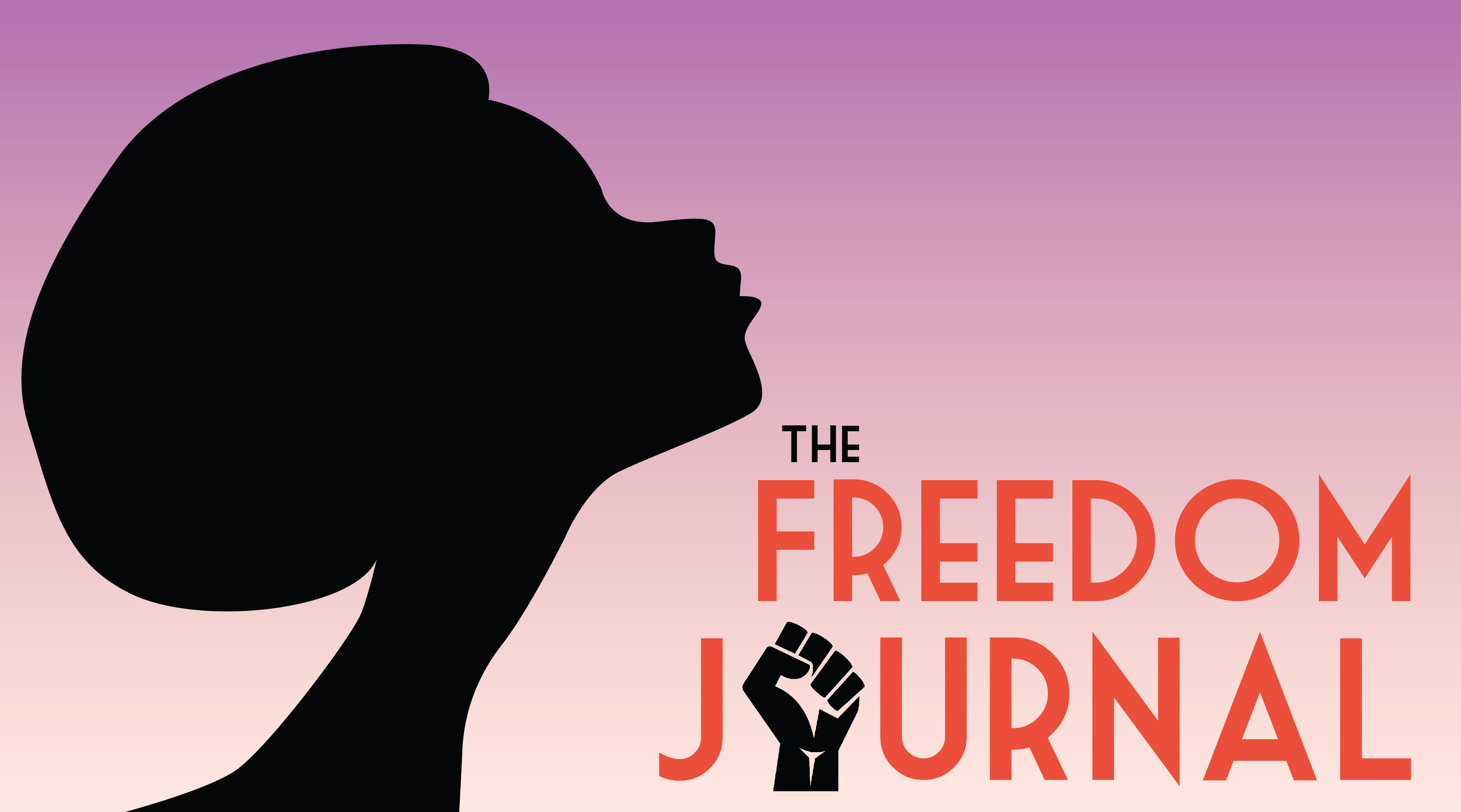
Stop misappropriating other cultures
By: Kyndall Cunningham, Columnist
I was having a conversation with my brother the other day about rap concerts. He told me about the last time he saw J. Cole live, and how the crowd was mostly teens and a lot of white people. That’s not surprising, considering that hip-hop’s biggest consumers are white, suburban men. Nevertheless, it’s especially odd, considering the themes in J. Cole’s music. It’s kind of like inviting yourself to the birthday party of someone who you know talks mad smack about you. Or maybe you don’t know, but everyone else does.
That scenario reminded me of the time I was in Chicago on St. Patrick’s Day last year, where hundreds of inebriated 20-somethings were running around Millennium Park and puking on sidewalks. I was waiting to cross the street when a black guy blasting Kendrick’s “Alright,” a song about police brutality, from his stereo was joined by a dancing group of white girls – assumably drunk – who rapped every word. It grossed me out in a way that I couldn’t explain to the people around me without sounding like a whiny millennial with too many feelings, but the memory still leaves a bad taste in my mouth.
The thing is – music, slang, hairstyles, etc, are all public domain, whether you like it or not. I’m not mad at white people for enjoying rap music, if that’s what they like. Although, a group of white frat boys blasting Migos from their car will always receive an eyeroll from me. At the end of the day, you like what you like – but if you want to join our party, there are terms and conditions that apply.
I found it really insightful listening to Tyler Oakley’s podcast called PsychoBabble where he spoke about straight people attending Pride and treating it like the party of the week without realizing its significance. While both he and his co-host, Korey Kuhl, agreed that there are many LGBTQ+ people who view Pride as a block party, there are responsibilities that come along with entering their space.
They’re completely right. I can’t imagine someone who is homophobic wanting to spend their day at Pride; however, just because you aren’t blatantly against a group of a people doesn’t mean you’re an ally to them. An example of this would be having gay friends and going to gay bars, but allowing someone to use the “f” word around you without correcting them.
If you listen to black music or use any of our intellectual property, it would be nice if you cared about black people too, and not just the fun stuff we offer to the world.
Unfortunately, you’ll find that this dynamic occurs in all relationships between marginalized groups and those with privilege. There will always be people in our lives who choose neutrality over advocacy, no matter how close we are to them or how indulged they are in our culture.
This doesn’t just fall on white people. Whatever community you come from, we can all fall victim to misappropriating cultural entities for our own pleasure, without advocating for the communities behind them in our own lives. Treating sacred environments with respect and not just forms of entertainment, in our own spaces and others, is a step we can all take this semester at festivals, concerts and social gatherings.

